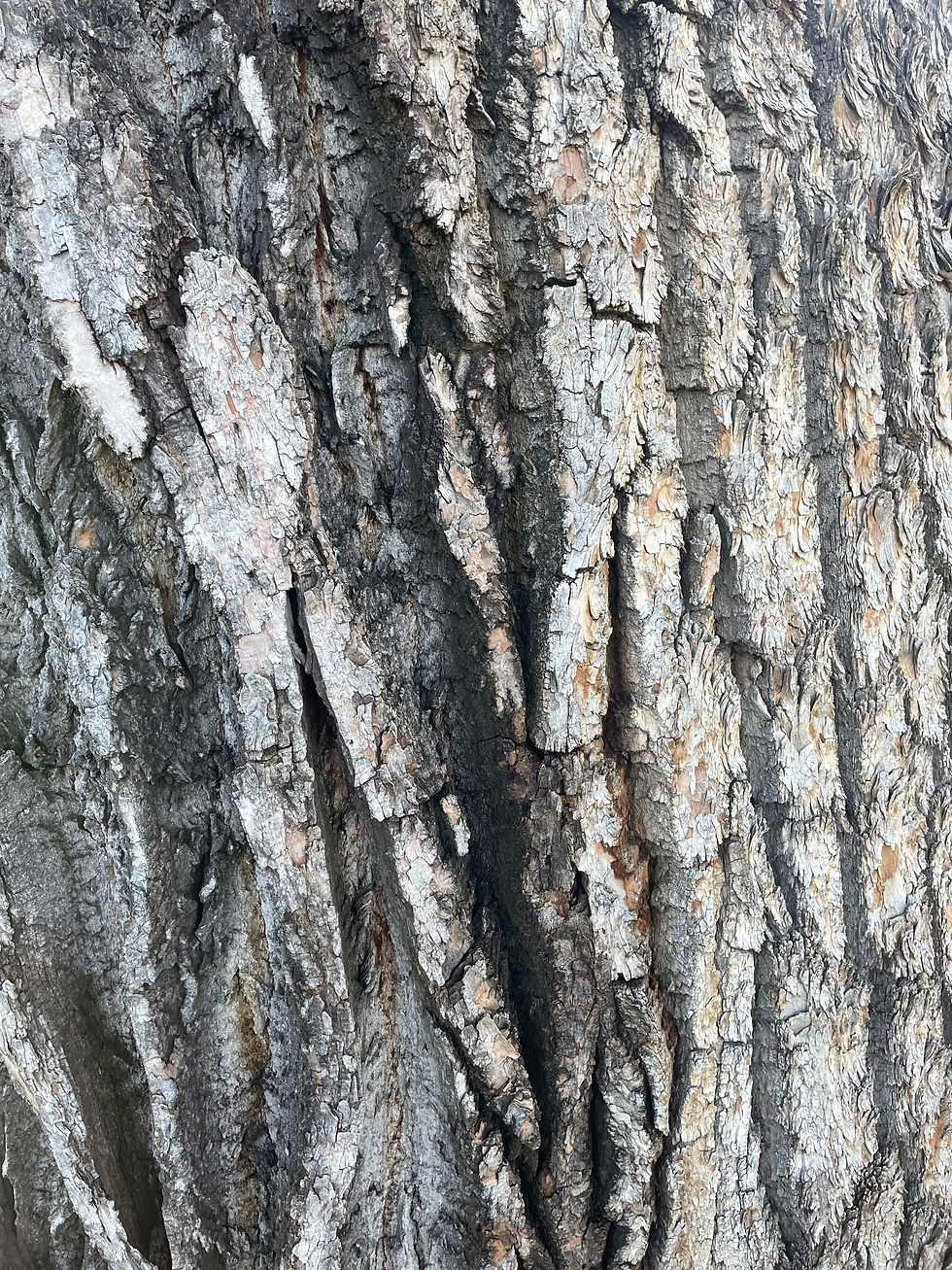The Christian Call to Eco-Justice
- Pastor Dan

- Jul 23
- 4 min read

A version of today’s Midweek Message was originally published in the “Faith” section of The Eagle, July 19, 2025.
A couple of Saturdays ago, our youth group returned from a mission trip in Denver, Colorado. They spent a week there with an organization called Be the Neighbor, volunteering at food banks, farms, and a wildlife refuge, while learning about environmental justice.
The first day started with “Wild Worship,” an outdoor worship experience at Washington Park. The group sat in a circle on the grass under a tree just feet away from a creek flowing with clear water. We went around the circle sharing places that showed us the magnificence of God through nature: Big Bend, an outdoor summer camp, looking up from a hammock at trees.
We read scriptures aloud, like Psalm 148, where all of creation praises God: “Praise the Lord from the earth, you great sea creatures and all ocean depths, lightning and hail, snow and clouds, stormy winds that do his bidding, you mountains and all hills, fruit trees and all cedars, wild animals and all cattle, small creatures and flying birds…”
Then we did an exercise called “beholding,” where you pay attention to your senses to perceive God in nature. We found a spot to spend ten minutes recognizing the sight, touch, and smell (where it was accessible) of wildflowers, trees, water, and creatures crawling and scurrying around. Some of us found a majestic elm tree. Looking at our neighbor, the tree, closely, its bark looked like a current of water. Following the current’s flow upward, the branches became rivers splitting into streams, with bright green leaves picking up where the water stopped.
Back in the circle, we talked about how we saw God or perceived the movement of the Holy Spirit in what we beheld. I shared how that tree showed me the abundant goodness of our Creator, and how the leaves bursting from its branches revealed that there is more than enough of that goodness to go around.
A common theme arose from our observations: interdependence. Everything depended on everything; it was all connected. A bush was a home for rabbits, a playground for squirrels. The stream was an ecosystem for crayfish, tadpoles, and water bugs. The trees, nurtured by the soil, sprang up to provide shelter for the birds and shade for us. Everything revealed everything’s goodness and wellbeing. Everything showed us the neighborliness of God’s whole creation.
I share that experience to explain why eco-justice, caring for the earth and being faithful stewards of creation, is essential to Christianity’s utmost command, upon which, Jesus teaches, “all the law at the prophets hang”: Love the Lord your God with all your heart, soul, strength, and mind, and love your neighbor as yourself. However, not all of us followers of Christ concur.
A friend of mine told me about his upbringing in a Christian home where his family would not so much as recycle. Jesus was coming back, they believed, so it didn’t matter how we treated the planet. Likewise, my son shared with me recently how a Christian acquaintance told him that caring for the earth was pointless because the rapture will eventually wisp us away from here, leaving the earth to burn.
Those perspectives are quite popular in some pockets of Christianity. Marc Sims, a Baptist pastor, challenges them, writing that the Bible, specifically the Book of Revelation, “never mentions a secret rapture nor a seven year period that encapsulates the ‘tribulations’ dispensationalists describe.” (I’ll save talking about the Great Tribulation and dispensationalism for another Midweek Message.) And still upholding a future second coming of Christ, Christian pastor Kurt Willems, writes, “I believe the ultimate reason for Christ’s return is to resurrect, purge, heal, and eternally reign in the renewed creation. The ‘rapture’ is simply not part of the biblical picture. It often leads to problems today like a desire for escapism, and sometimes a lack of concern for this planet.”
Whether followers of Jesus ascribe to rapture theology or not, the fact remains that we are not islands unto ourselves. We are interdependent beings, and we follow a savior who teaches us to love our neighbor as we love ourselves by being a neighbor. Being Christian requires neighborliness, and we cannot do that if we neglect the earth that everyone shares.
On the last day of the trip, our group toured a Unitarian Universalist church that lives out its eco-justice commitment by using geothermal energy for its building. Our guide pointed out a collection of statements on the wall from different religions, all of which prioritized caring for the earth. The Christian statement came from the Pope’s Encyclical on Climate Change, 2015: “The climate is a common good, belonging to all and meant for all. It is a complex system linked to many of the essential conditions for human life…Humanity is called to recognize the need for changes in lifestyle, production, and consumption, in order to combat global warming, or at least the human causes which produce or aggravate it.”
So, no matter what one’s theology of the afterlife may be, we are here now, in this crucial moment, “tied in a single garment of destiny,” as Dr. King says, where “whatever affects one directly, affects all indirectly.” And in every moment, which is a gift from the Creator of all good things, we are called to be good neighbors who care for the earth upon which every interdependent neighbor relies for life. May it be so.




Comments